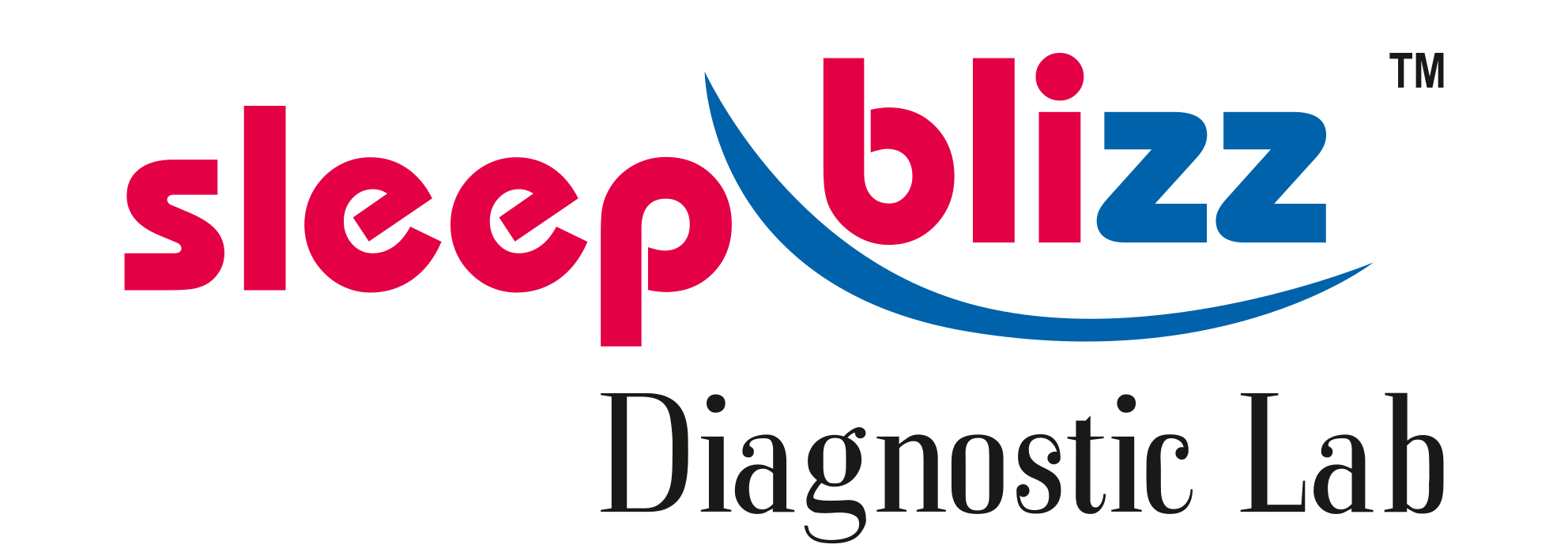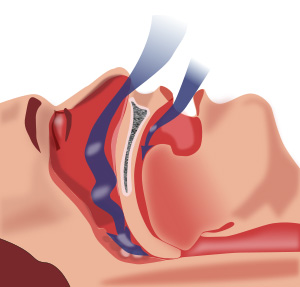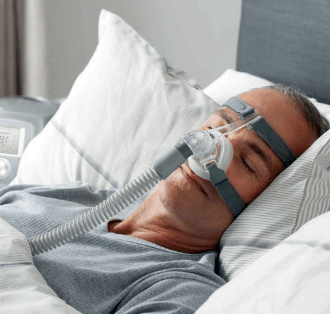Continuous positive airway pressure (CPAP) treatment seems to improve cognitive functioning in patients with Alzheimer’s disease who also suffer from obstructive sleep apnea, according to the results of a randomized clinical trial conducted at the University of California, San Diego. The study – led by Sonia Ancoli-Israel, Ph.D., professor of psychiatry at the UC San Diego School of Medicine and one of the nation’s preeminent experts in the field of sleep disorders and sleep research in aging populations – was published in the November issue of the Journal of the American Geriatric Society. The research team, including physicians from UC San Diego’s departments of psychiatry, medicine, neurosciences and family and preventive medicine, and Veteran’s Affairs San Diego Healthcare System, looked at 52 men and women with mild to moderate Alzheimer’s disease and obstructive sleep apnea (OSA). OSA is a breathing disorder characterized by brief interruptions of breathing during sleep, caused by a temporary, partial, or complete blockage in the airway. The prevalence of OSA in patients with dementia has been estimated to be as high as 70 to 80 percent.





